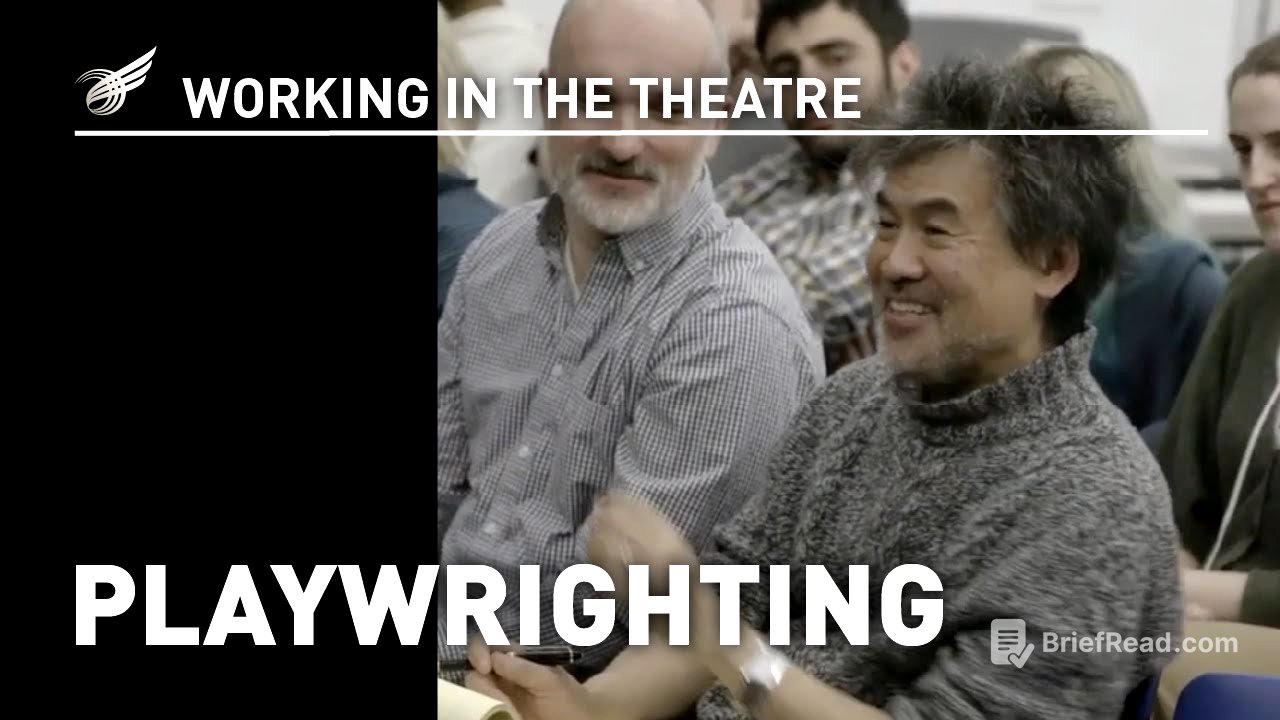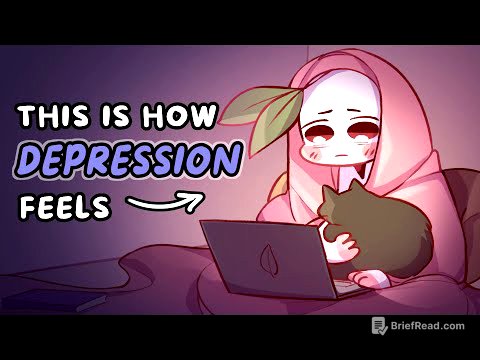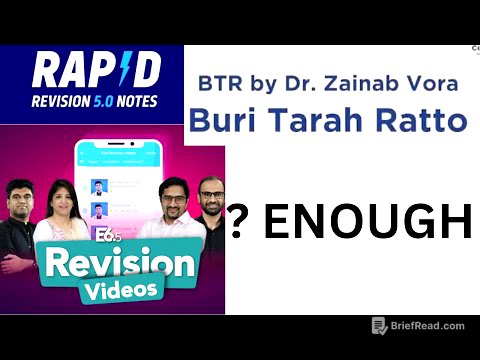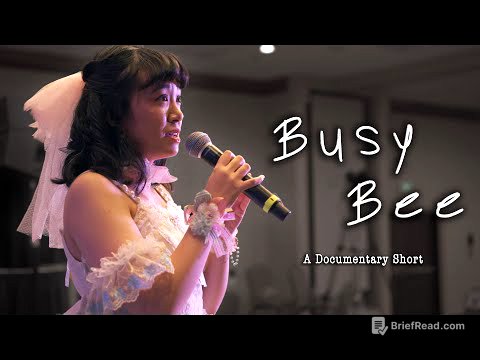TLDR;
David Henry Hwang, along with Anne Bogart and Christian Parker, leads a playwriting class focused on collaboration and development. The class involves workshopping student plays, providing feedback on character development, dialogue, and staging. Hwang emphasizes the importance of intuition, trusting actors, and incorporating unexpected impulses into the writing process. He shares personal anecdotes and exercises to encourage writers to tap into their subconscious and explore complex themes, aiming to create theater that challenges audiences to see the world differently.
- Collaboration and feedback are crucial for play development.
- Intuition and subconscious exploration can lead to unique and compelling narratives.
- The goal of theater is to provoke thought and offer new perspectives.
Collaboration and Rewriting in Playwriting [0:34]
The discussion begins with an excerpt from a play, followed by feedback from instructors and students. David Henry Hwang admits to continuously rewriting his plays until he is forced to stop, highlighting the iterative nature of playwriting. Anne Bogart expresses hope that the calibration seen in the initial scene is consistent throughout the play. Hwang introduces Collaboration 2, a class that brings together playwrights, dramaturgs, and directors to foster collaborative play development.
Analyzing and Refining Student Work [2:52]
Students share their experiences of watching a play reading, noting the clarity of focus and the satisfying experience of simply listening. Ed Wasserman discusses a piece called "Town Hall," created in response to the current political moment. Feedback is given on character development, with suggestions to individuate voices in a choral moment to avoid a forced ending. Hwang emphasizes the intuitive process of identifying what works and doesn't work in a play, preferring to observe actors' interactions without initially focusing on the text. He notes that audience reactions are crucial in determining a play's success.
The Playwright's Perspective on Teaching and Writing [5:26]
Gina Stevenson discusses her play and how the class feedback has helped her identify areas for future changes. Hwang explores the issue of whether a character, Frank, is funny, and how that humor is perceived. He likens teaching to psychotherapy, aiming to understand what a student's play is trying to achieve and how to enhance it. Hwang reflects on how teaching has broadened his appreciation for the possibilities in playwriting and made him more willing to experiment with new approaches.
Development and Audience Engagement [8:01]
Naka Adodoadji discusses the developmental nature of the class, emphasizing that it's the beginning of discovering what a play is. She highlights the challenges of presenting a nonlinear narrative with compressed time and relating it to an audience. Anne Bogart points out the effective use of repetition in Adodoadji's scene, particularly with names, and notes that names are never spoken neutrally but with intention. Adodoadji expresses a desire to present good work while also involving the audience in the process, acknowledging that their reactions will help shape the play's future development.
Techniques for Enhancing Dramatic Impact [10:44]
Hwang and Christian Parker discuss the impact of starting a scene with "Did I ever tell you the story about...", noting that it can reduce the stakes by signaling a flashback. Parker suggests exploring ways to make the memory more immediate and urgent. Hwang explains that a play is finished when he feels it has reached its intended destination, but rewriting is a crucial part of the playwriting process. Bogart shares a quote from Stanislavsky: "Every gesture should contain the whole play," emphasizing the depth and complexity that each moment should convey.
Director-Playwright Collaboration and Staging [13:05]
Nana Dakin discusses blocking in a scene, explaining how movement and distance reflect the characters' relationships. Hwang emphasizes the importance of the director's role in controlling the production and respecting the chain of command. Nora Sørena Casey describes her collaboration with director Nana Dakin, who comes from a physical theater background, and how they combined their strengths in language and physicality. Dakin's idea to have no scenery and use movement and space to convey relationships enhanced the play's fluidity and focus on character dynamics.
Writing Process and Personal Connection [15:34]
Sørena Casey discusses her approach to writing, which involves free writing from intuition and allowing images and characters to guide her. She shares how a character name helped her unlock creativity by identifying a personal connection to the play. Max notes how the play's structure, with multiple two-person scenes layered on top of each other, is clearer on the page than in a traditional linear format. Hwang highlights the difference between text and theater, noting that Casey's play is difficult to understand on the page but comes to life when staged.
The Power of Theater and Subconscious Writing [17:37]
Anne Bogart recounts seeing a Caryl Churchill play that was mind-blowing on stage but seemed insane on the page, illustrating how theater can transcend the limitations of text. Hwang shares his journey into playwriting, inspired by seeing plays in college and guided by a professor who encouraged him to study theater extensively. He describes a formative experience at Padua, where Sam Shepard and Maria Irene Fornes taught him to cultivate writing from the subconscious.
Exercise: Writing from the Subconscious [20:12]
Hwang leads the audience in an exercise to tap into their subconscious, inspired by Maria Irene Fornes. The exercise involves setting up a scene, writing for ten minutes, and then incorporating a random word or phrase into the dialogue. He shares his own writing process, which includes identifying a question he wants to explore, having a big idea for the beginning and ending, and using another play as a formal model.
Embracing the Unexpected and Finding Meaning [22:33]
Hwang discusses how the most exciting moments in writing occur when characters act unexpectedly, leading to new discoveries. He references Harold Pinter's idea of making a deal with characters, allowing them to have their own agency. Hwang explains that the exercise simulates the process of balancing control and impulse in writing, where following strong impulses can bring characters to life. He recounts an experience of writing a play where a character unexpectedly turned into a duck, which ultimately defined the play.
The Essence of Successful Playwriting [24:29]
Hwang suggests that plays can feel dry or deliberate when the author is too much in control, lacking the anarchy of the subconscious. He emphasizes that there is no formula for writing a good play and that writers should focus on what they are truly interested in and believe in. Hwang concludes that if a play achieves its potential, it can allow the audience to see the world in a slightly different way, prompting them to ask new questions and see their surroundings with fresh eyes.









